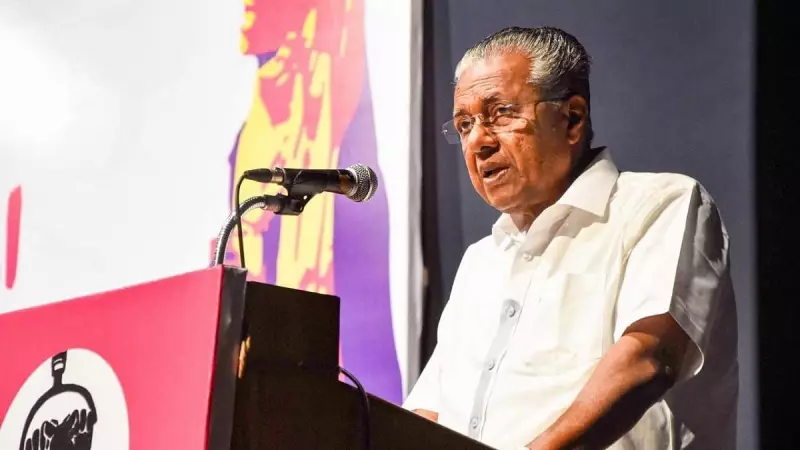
Internal turmoil is brewing within Kerala's Communist Party of India (CPI) as several prominent leaders have openly criticized the state government's decision to sign a Memorandum of Understanding with the central government's PM SHRI school scheme.
The dissent movement is gaining momentum with CPI leaders from various districts voicing strong objections to what they perceive as the Left Democratic Front (LDF) government compromising the state's autonomy in education matters.
Mounting Opposition Within Party Ranks
Kunnathur Balakrishnan, a senior CPI leader from Kollam district, has emerged as a vocal critic of the agreement. He contends that the MoU fundamentally contradicts the party's longstanding position on educational federalism and state rights.
"This agreement represents a significant departure from our core principles," Balakrishnan stated, emphasizing that the party should maintain its consistent stance against central government interventions in state education matters.
Historical Context and Political Implications
The controversy stems from the CPI's historical opposition to similar central government initiatives, including the Samagra Shiksha scheme. Party leaders argue that the current agreement with PM SHRI scheme mirrors patterns they've previously resisted.
CPI's state assistant secretary, K Prakash Babu, highlighted the party's dilemma, noting that while individual schools might benefit from the scheme, the broader implications for state autonomy cannot be ignored.
District-Level Resistance Intensifies
Opposition isn't limited to state-level leadership. CPI leaders from Thrissur and Palakkad districts have joined the chorus of dissent, creating a multi-layered challenge for the party leadership.
The growing discontent suggests a significant ideological rift within the party regarding how to engage with central government schemes while maintaining political consistency.
Broader Political Ramifications
This internal conflict comes at a crucial time for Kerala's ruling coalition, potentially affecting the LDF government's stability and the CPI's relationship with its larger coalition partner, the CPI(M).
Political observers note that the dissent reflects deeper concerns about maintaining ideological purity while participating in governance, a challenge that left parties frequently face when in power.
The situation continues to evolve as more party members weigh in on the controversy, suggesting this internal debate may have lasting consequences for Kerala's political landscape and educational policy direction.






